Keywords: Facebook
There are more than 200 results, only the first 200 are displayed here.
-
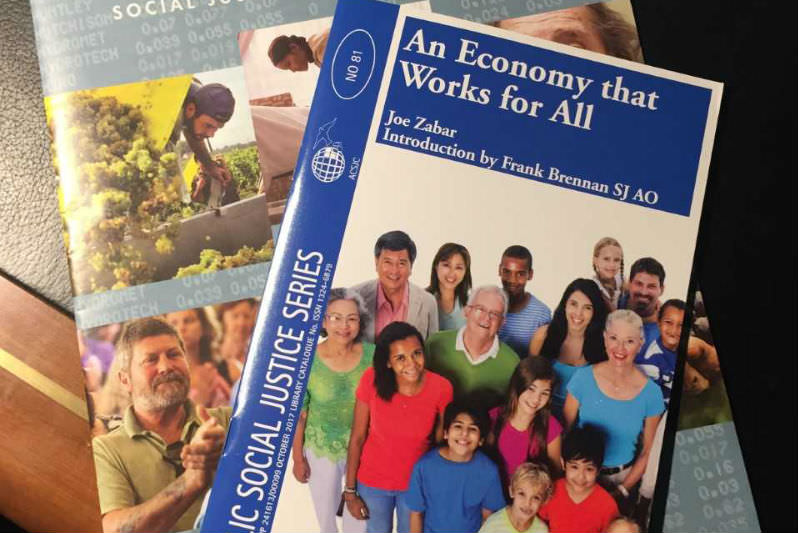
ECONOMICS
- Frank Brennan
- 18 October 2017
10 Comments
The promise of riches from the trickle-down effect is at best patchy for many Australians, and non-existent for others. Continuing with the same economic and social policy settings will exacerbate the already growing divide between the rich and the poor and eventually damage the economy to such an extent that it has a detrimental effect on everyone.
READ MORE 
-
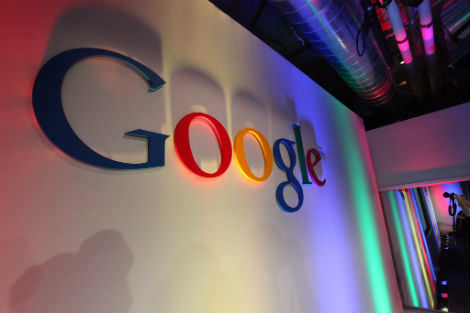
MEDIA
- David James
- 26 September 2017
3 Comments
There are very few examples of companies that have been able to genuinely change when confronted with new circumstances. It looks increasingly that Facebook and Google are approaching this situation. The challenge is likely to come from some quarter that is new and surprising, just as the demolition of conventional media came from companies that could have barely been imagined 20 years ago.
READ MORE 
-
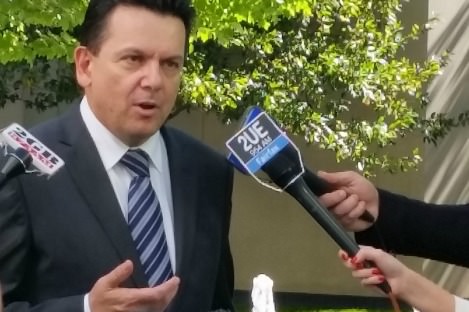
MEDIA
- Andrew Dodd
- 19 September 2017
5 Comments
The big media players eventually get what they want by wearing down the government of the day and latching on to whatever opportunity comes their way. This month the government handed them the reform they've long craved while Xenophon attempted to win some concessions. We can assume Australia's media market will now become more concentrated. What we don't know is whether Xenophon's trade offs will do enough to protect public interest journalism and media diversity.
READ MORE 
-
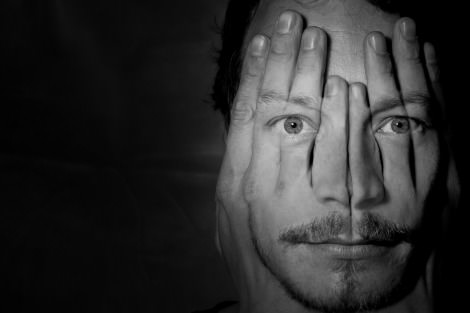
AUSTRALIA
Being both gay and Catholic leads to a somewhat fraught existence. On one hand, we have our Catholic peers who, frequently, have trouble empathising with what it means to be 'intrinsically disordered'. On the other, we have our queer friends who are, understandably, sceptical of our allegiance to an organisation that has a deep history of discrimination towards people like us. This existence is further complicated for those of us who choose to partake in ministry that sees us employed by the Church.
READ MORE 
-
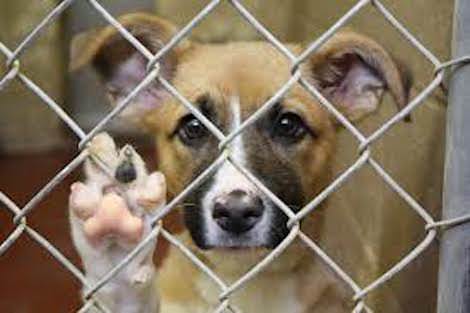
MEDIA
Last week I was rung to say my dog was missing. I finished at work as soon as I could, ringing the local council and neighbourhood vet on the way home. Neither had seen anything of him but suggested we post on social media. As my husband and I drove and walked the streets, the messages came in. People were concerned. He was missing from an enclosed yard. Some offered to look, others from further away, shared hope and the Facebook post. The post went everywhere, the last I saw was in Western Australia.
READ MORE 
-

RELIGION
- Ann Deslandes
- 09 August 2017
4 Comments
As I write, staff of the Australian immigration authority and their security contractors are working hard to close the detention centre on Manus Island in Papua New Guinea, where Australia has held over 900 refugees for the last four years.
READ MORE 
-
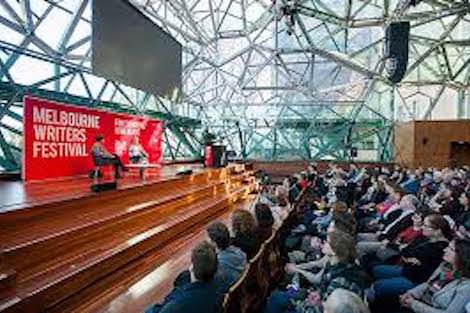
ARTS AND CULTURE
- Tseen Khoo
- 08 August 2017
6 Comments
The Melbourne Writers Festival (MWF) starts on Friday 25 August. It’s a good time to consider what such a festival says about our local cultures, as well as being a perfect time to think about how you relate to that culture.
READ MORE 
-
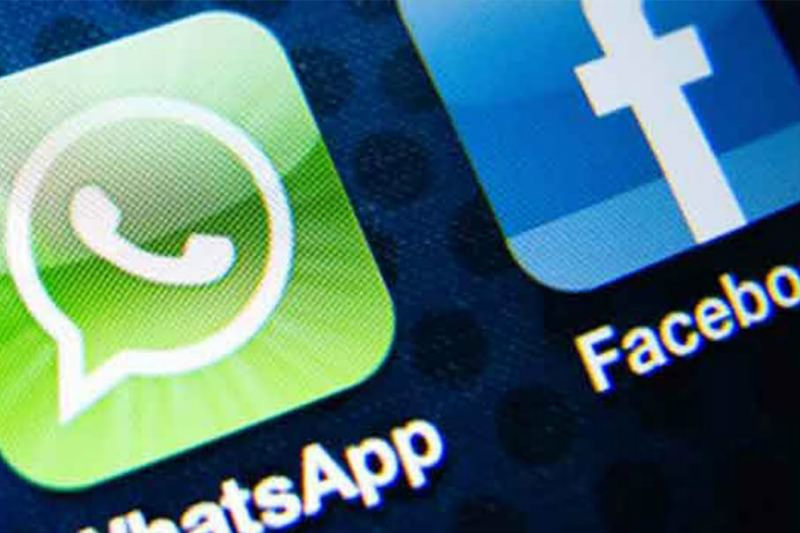
MEDIA
- Binoy Kampmark
- 14 July 2017
6 Comments
Turnbull's attitude echoes the fear all autocracies have: that control is slipping away, and that citizens cannot be trusted to behave in a modern communications environment without government intrusions. Arguments are repeatedly made that such enlarged powers are never abused - a charmingly naive assumption - and that law enforcement authorities merely need the 'capacity' to have them. These can either abate, or be extended, after a review. The reality tends to be different.
READ MORE 
-
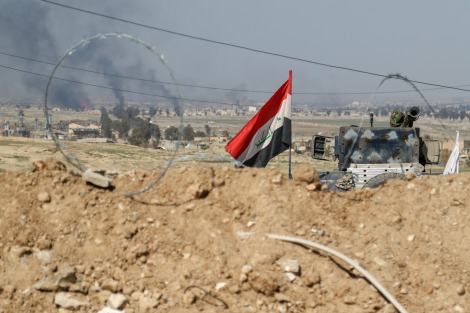
INTERNATIONAL
- William Gourlay
- 14 July 2017
2 Comments
With ongoing celebrations in Baghdad and scenes of devastation in Mosul, Iraqi Prime Minister Haider al-Abadi has announced the 'liberation' of Iraq's second-largest city from ISIS. This moment, after an umbrella force of military units fought for nine months to relieve Mosul of the ISIS yoke, represents a victory for the people and government of Iraq. However, many challenges loom, among them reconciling conflicting interests amongst Iraq's peoples and restoring the ravaged landscape.
READ MORE 
-
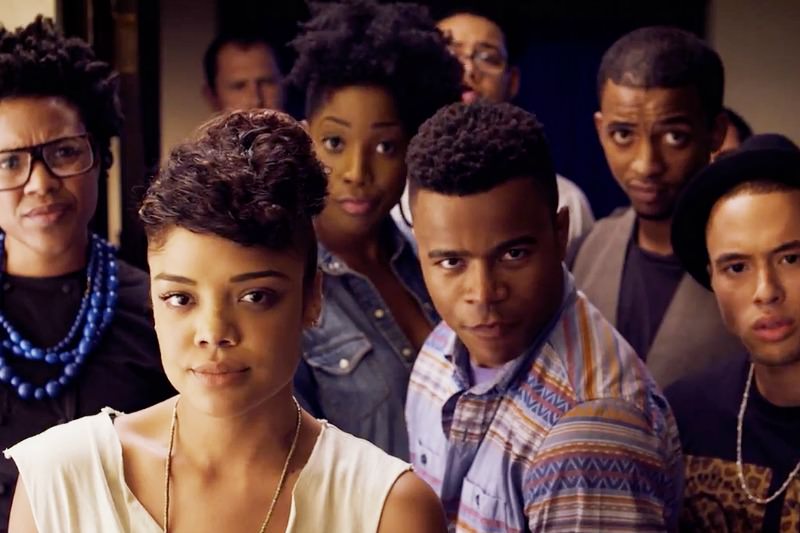
AUSTRALIA
I hung out with a group of Indian-Australians while I was a university student who called themselves 'curries', but the unspoken camaraderie that ensued from this self-identification stood in stark contrast to that time I was called a 'f***ing curry' by a passing car full of white people. You often hear from white people that they can't be called 'white' because that too is racist language. This reflects a flawed assumption that societal structures advantage and disadvantage people in the exact same way.
READ MORE 
-

ARTS AND CULTURE
- P. S. Cottier
- 12 June 2017
1 Comment
It involves hoods, but less KKK than DDD - Don Dale Detention where the kids wear the hoods in a stunning display of regressive taxation. 2. Outsourcing pain to poorer places which we pay to exercise contempt on our behalf - washing red hands in the convenient sea. Who needs a wall? 3. Protecting Islamic women by shouting at them on streets for wearing religious freedom.
READ MORE 
-
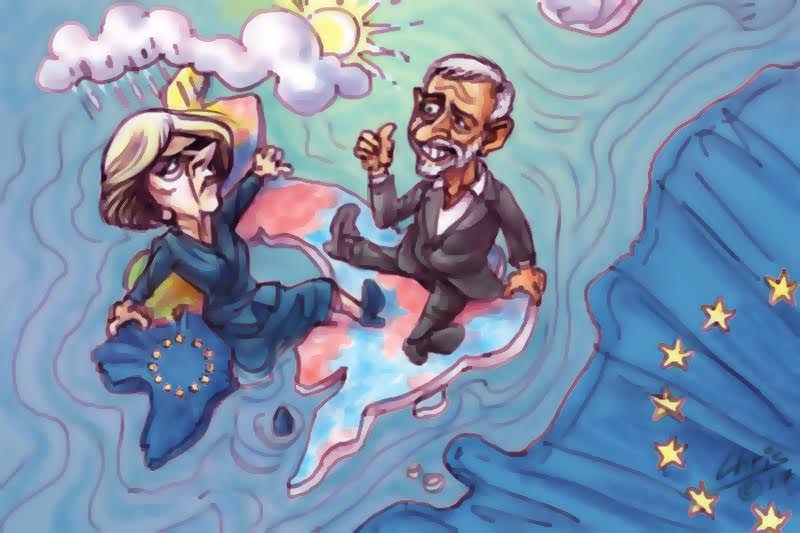
INTERNATIONAL
- Jeff Sparrow
- 09 June 2017
17 Comments
When Corbyn invoked the many against the few, he did so while advocating free education, the renationalisation of utilities and a break from the US alliance. By contrast, Blair coined the phrase in a speech where he urged listeners to put behind them 'the bitter political struggles of left and right that have torn our country apart for too many decades. Many of these conflicts have no relevance whatsoever to the modern world - public versus private, bosses versus workers, middle class versus working class.' We all know which version sits closer to Shorten's heart.
READ MORE 